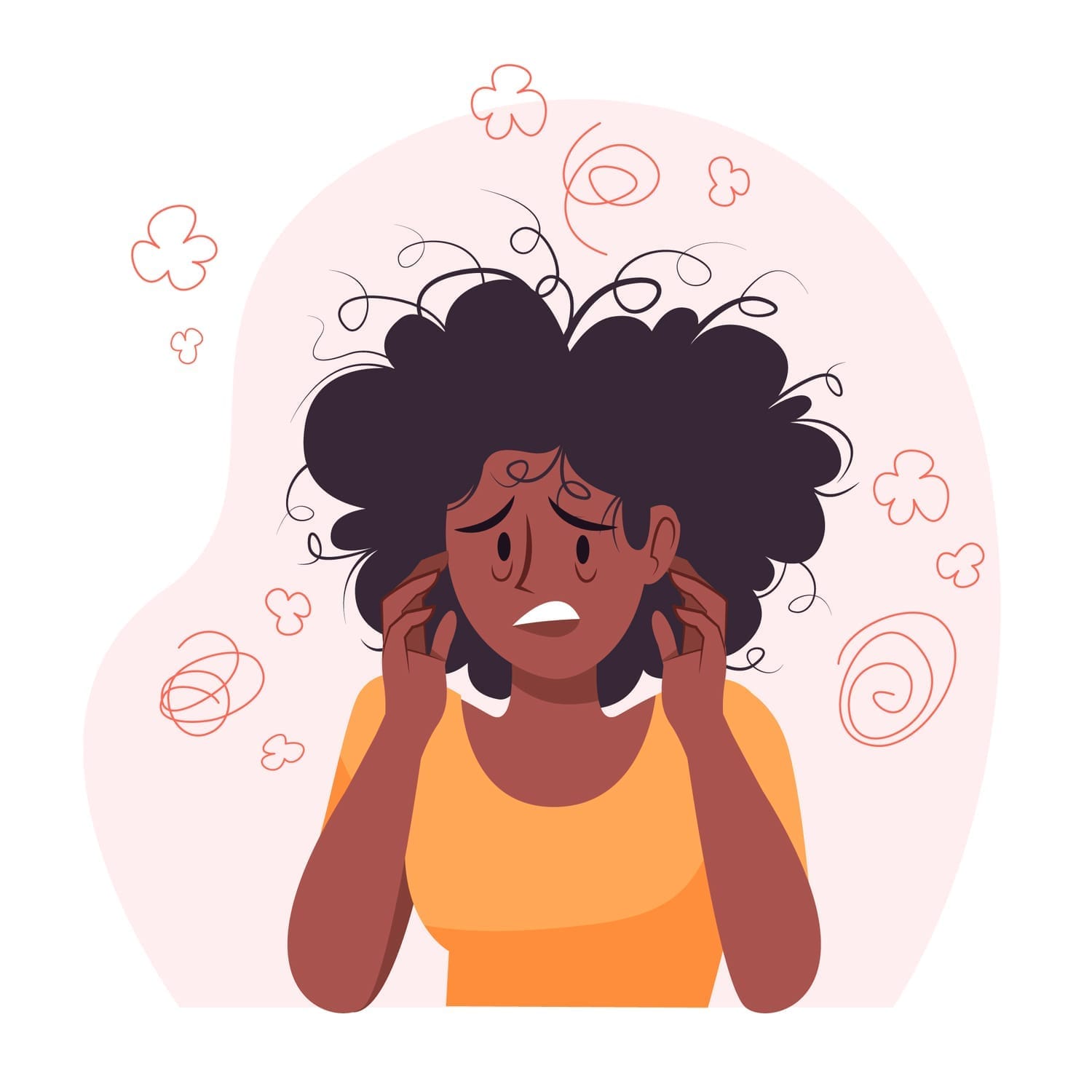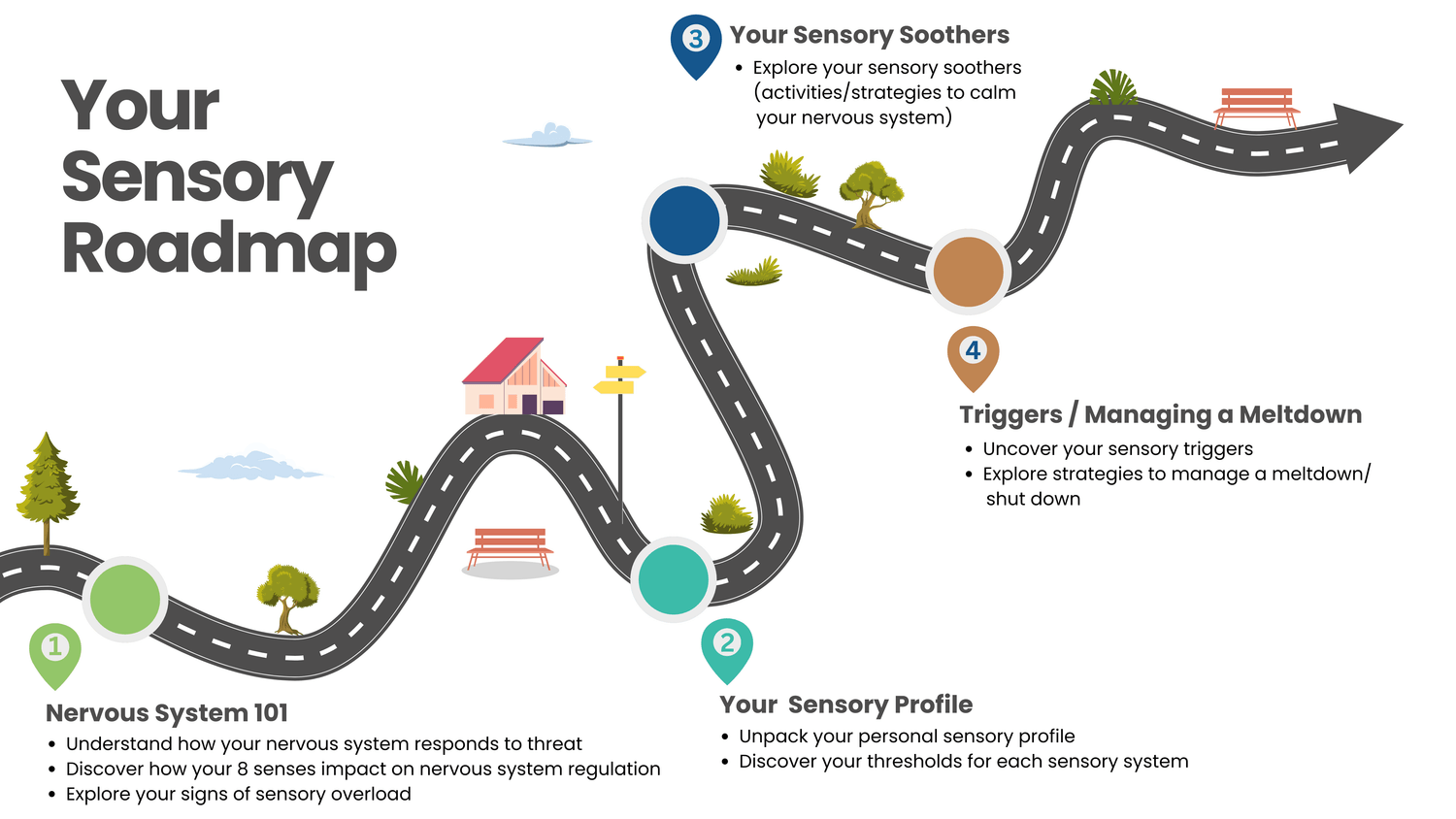
I guide individuals from a place of overwhelm and uncertainty to calm, clarity, and confidence—empowering them with tools to regulate their nervous system, reduce anxiety, and feel in control of their sensory world.
Who do I serve?
Adults with sensory processing differences (including neurodivergent individuals)
Anyone who longs to understand their sensory world and improve emotional regulation
I can help if you...
struggle with sensory sensitivities but may not have had them formally recognized.
feel easily overstimulated, anxious, or overwhelmed in daily life.
are frustrated by not being understood by family, colleagues, or friends.
feel shame or isolation around your struggles.
want practical, sustainable ways to cope (not just quick fixes).
Why I do what I do?
Because I’ve seen how life-changing it is when someone finally feels seen, understood, and supported. My passion is to help people move from frustration and shame to empowerment and hope. Sensory processing isn’t just clinical—it’s deeply personal, and I believe everyone deserves the freedom to thrive in their everyday life.
Prevent Overstimulation, Reduce Anxiety & Combat Overwhelm Course
Discover the power of sensory regulation - what it is and why it matters!


Work With Me
Would you like a personalised roadmap to understand your sensory thresholds and triggers, and to put effective strategies in place to prevent overstimulation before it escalates? Explore how coaching can meet your needs.
Subscribe to our blog
Never miss out on the latest tips!






